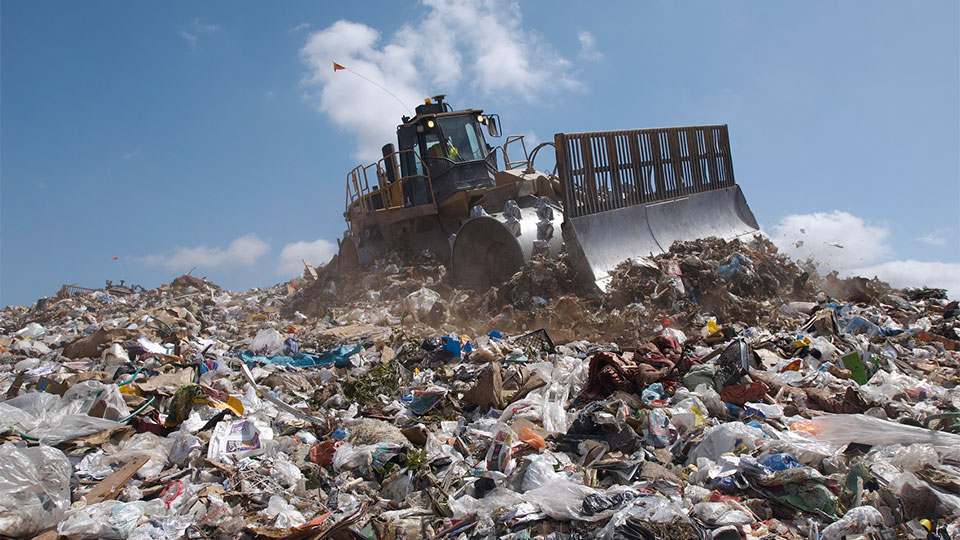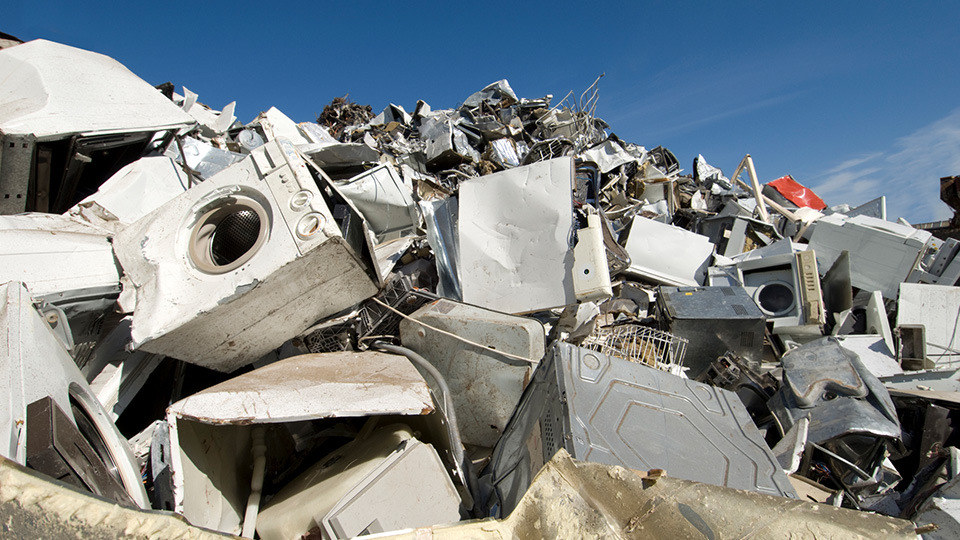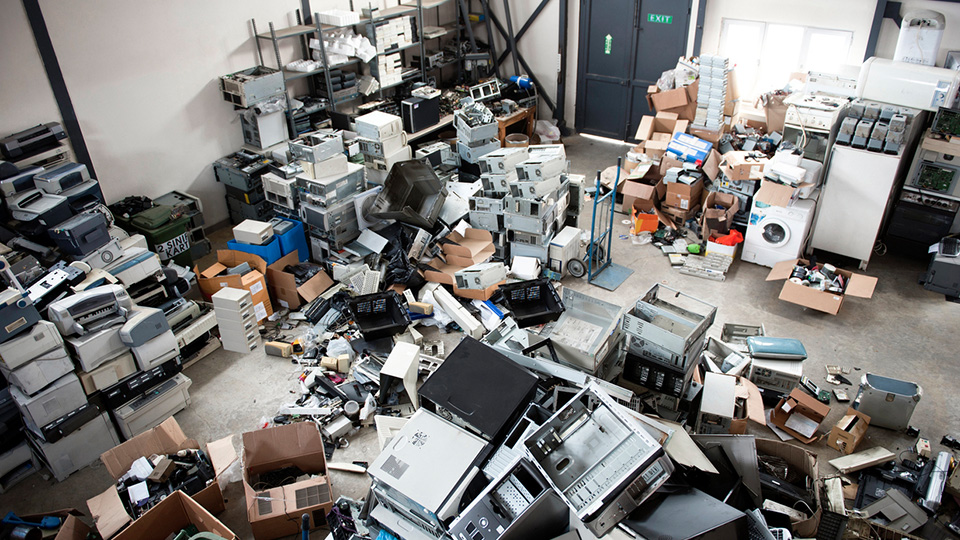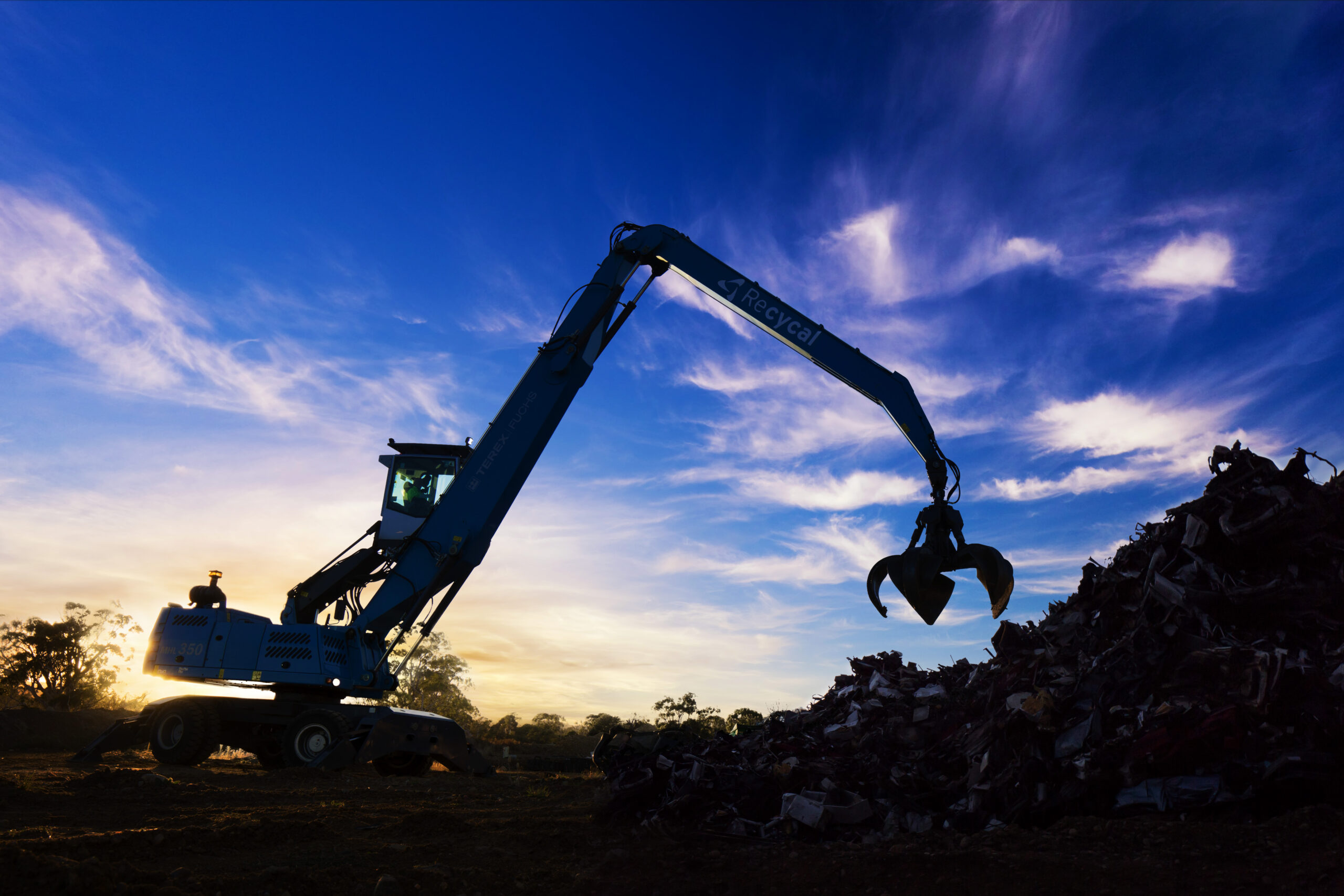Our modern world relies on all sorts of batteries, from the little button cells that go into hearing aids through to huge, shipping container sized batteries that provide industrial-scale backup power. And that reliance is increasing as we develop stronger attachments to a growing suite or electronic devices.
Battery Recycling Is Here To Help
All those batteries will eventually hit the end of their useful lives and, if we continue our current habits, most of them will end up in landfill.
That’s a problem on several fronts. Some batteries contain toxic metals such as mercury, cadmium and lead. Some contain valuable metals such as silver, and all contain a range of materials that can be used to make new products. But if we all recycle batteries we can create a healthier world.
Fortunately battery recycling couldn’t be easier. In fact, the hardest part about recycling batteries is remembering to do it. It’s so easy to look at that little button cell and think that tossing it away won’t do any harm, but it really is the case that every little bit helps.
So What Batteries Can You Recycle?
At home and in the office the most common types of batteries to look out for are carbon or alkaline batteries.
These are often used in torches, radios and smoke alarms and usually come in sizes from AAA through to D or as rectangular 9 volt batteries.
Button batteries can be found in calculators, watches, hearing aids and many other devices. They can be really tiny in the case of hearing aid and watch batteries, or up to the size of a 20 cent piece. They can also be extremely dangerous if swallowed by small children, so extra care needs to be taken in replacing and disposing of them.
Many of these batteries are not rechargeable, so they make up the largest volume of consumer disposable batteries.
Here’s five types of batteries that are easy for your workplace to collect and recycle.
1. Common Home And Office Batteries
At home and in the office the most common types of batteries to look out for are carbon or alkaline batteries.
These are often used in torches, radios and smoke alarms and usually come in sizes from AAA through to D. Rectangular 9 volt batteries are common in smoke alarms, and larger types a found in some torches.
2. Smaller Button Batteries
These can be found in calculators, watches, hearing aids and many other devices. They can also be extremely dangerous if swallowed by small children, so extra care needs to be taken in replacing and disposing of them.
3. Car Batteries
If you work with car batteries it’s critical that the old battery, with its hazardous lead and acid, is properly recycled. For households, if you’ve got old car batteries lying around many auto stores will take individual car batteries for recycling.
4. Rechargable Batteries (Laptops, cameras, phones, etc)
As we become more and more switched on we rely increasingly on a wide range of rechargeable battery types. Older nickel cadmium batteries are giving way to nickel metal hydride and lithium ion batteries, and yes, they can all be recycled.
These are the kinds of batteries you will find in your laptop computers, digital cameras, mobile phones and other rechargable devices.
Start Recycling Your Batteries Today
If you’re a business and you need help with recycling your batteries, Ecocycle can help. fill in our form below and we can offer a tailored solution for the collection and recycling of batteries from your workplace anywhere in Australia.
If you’re looking for a solution for households or around the office, it’s really easy to start your own battery recycling scheme. If your workplace doesn’t already provide a battery recycling bucket, just give us a call or fill out the form and we’ll get you started. You can then encourage workmates to recycle batteries from home. Together we can really make a big difference when it comes to protecting the environment from battery waste.





